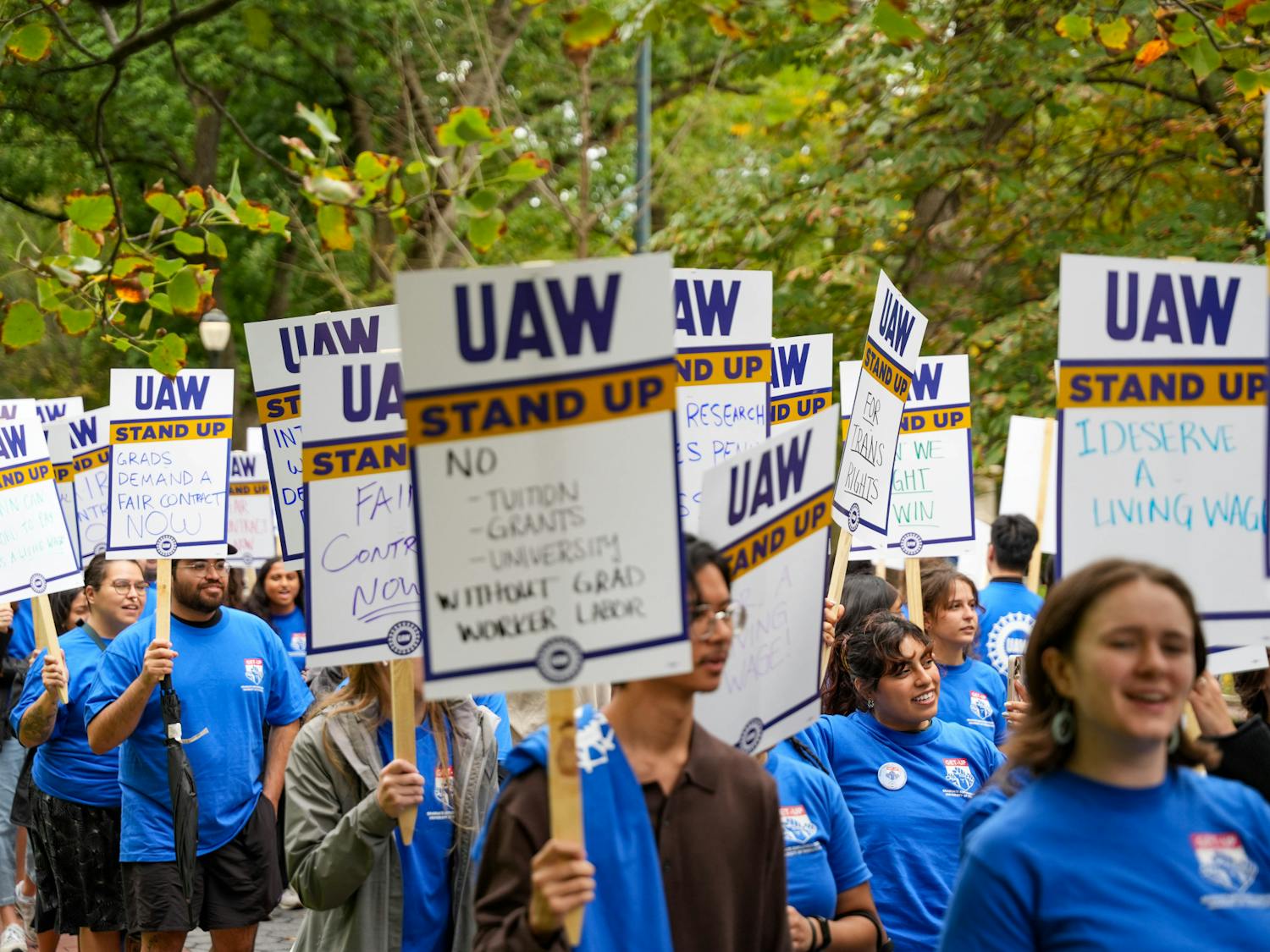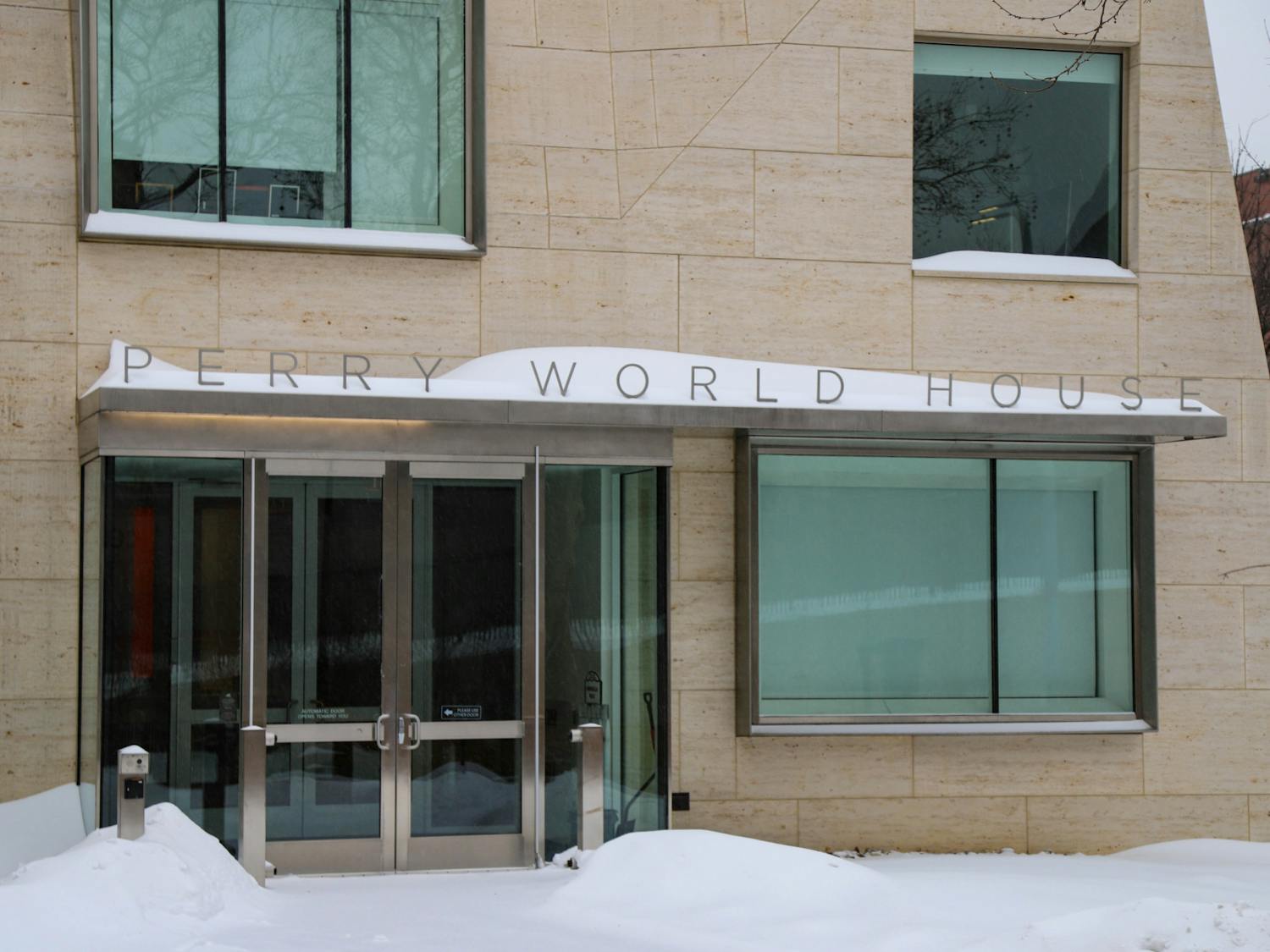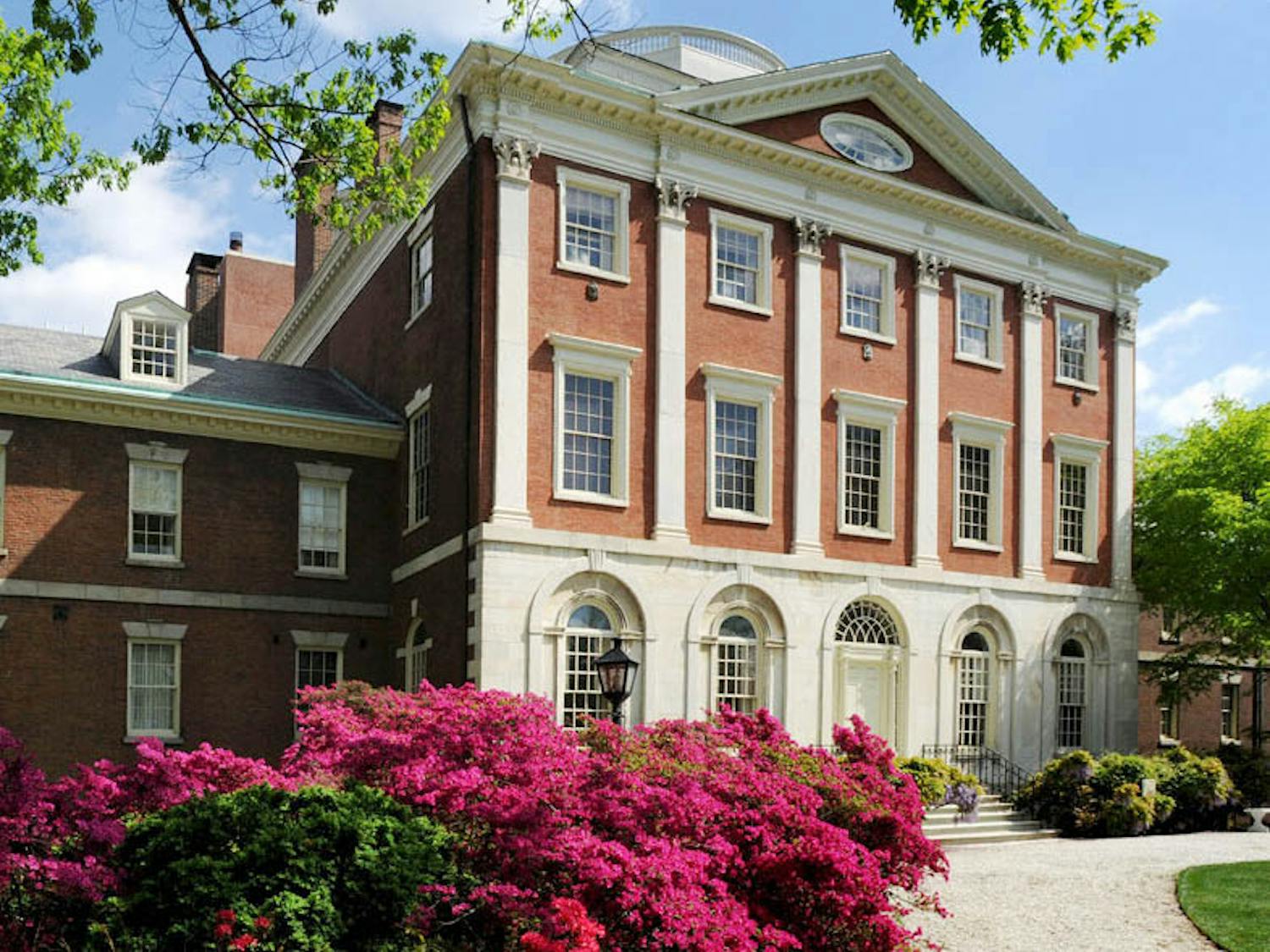In the wake of any murder trial, there are always numerous TV interviews with the victim's family and friends. One thing that strikes me about almost all of these interviews is the similarity in what the interviewees say. They are all shocked and outraged about the crime, and they want someone to go down for it. To a man, these people say things like "I'd like to inject the poison into [insert defendant's name]'s arm myself." One ambitious fellow suggested that he be allowed to electrocute Timothy McVeigh 168 times to properly punish him for the Oklahoma City bombing. Such remarks reveal a blood-lust that is scary to behold. These people, who have just been deeply wounded by a vicious and brutal crime, are instantly eager to seek retribution in an equally vicious way. This type of reaction is not only expected but condoned by society and the media. The reporters seem to purposely interview those whose designs upon the murderer are especially bloody. Or maybe the news programs deliberately edit the family's comments down to brief, oversimplified and vicious sound bites. This is not incredibly surprising, since anger and hatred are emotions easily summoned forth than sadness and bewilderment. They are also juicer and more "newsworthy." However, this blood lust bears disturbing and important implications, which are lost in the shuffle. The first is upon the nature of the justice system. Theoretically, or at least this is my understanding, the purpose of prison is to rehabilitate and educate a criminal so that he or she will feel remorse and leave with the skills and the desire to be a law-abiding, "useful" member of society. It serves no societal purpose to simply exact vengeance by making life torturous for a prisoner. It is equally pointless to seek retribution when a child breaks the rules. In prison, as in parenting, the goal should be to instill in the transgressor the understanding that what he or she did was wrong and why it was wrong, and the desire never to do it again. The very term "correctional facility" suggests a place where inmates' flaws are corrected. There have been differing philosophies on how to deal with criminals throughout American history. The Puritans, who were strict disciplinarians, would lock convicts in stocks in the middle of town, where the public would ridicule, abuse and torture them. This system relied on the public's desire to punish the criminal. The Quakers, who built the now-defunct Eastern State Penitentiary (the much-lauded model for many other prisons worldwide) on Fairmount Avenue in Philadelphia, believed that the best way to rehabilitate a man was to place him in solitary confinement to ponder his misdeeds alone, and in complete silence. Both of these experiments were abject failures, yet the prisons of today are little better. The modern prison is a place permeated by lawlessness, violence and domination. Assault, forcible sodomy and even murder are not infrequent. Much like the animal kingdom, the hierarchies that develop among prisoners are based on the survival of, and domination by, the strongest. In other words, for breaking the law, prisoners are sent to a place where there is no law. What worse place to teach our criminals the ideas of decency and civility toward others? It is the lack of a philosophy behind our correctional policy that corrupts our prisons and makes them ineffective. The second implication of the blood lust felt by victims' families is that they don't feel they will get justice unless they take the law into their own hands. In other words, they don't trust the justice system to deal with the criminal in a satisfactory fashion -- i.e., in a way that is violent enough. If the families of a murder victim hear that the defendant is "only" going to prison for life, they are often devastated -- Why not the death penalty? These families don't realize that life imprisonment can be a far tougher punishment than death. Life imprisonment is constant unpleasantness, while the death penalty is (theoretically) swift and painless. These families' animal instinct tells them that death should be punished with death. They don't seem to believe that the criminal is capable of the human emotion of guilt. Obviously, they have little faith in the human race or our society if they believe that we can turn out animal, conscience-free human beings so frequently. Apparently, they also don't value the same social contracts which made murder illegal -- the ones that say killing is wrong and that when a crime is committed the punishment should be handed down by society in a just, reasonable way, not in a vengeful, angry one. What this all tells me is that we have ceased to view our lawbreakers as human. No longer are they people who are like us, except that they were raised with questionable values or fell into desperate straits. Instead, they are totally corrupt, unreasonable and utterly irredeemable. They can no more be rehabilitated from killing than can a shark or a mountain lion. So we kill them or put them in a prison where we treat them like animals. We are richly rewarded for our efforts, since people (and criminals) act less and less human every day. Violence continues to become more widespread and random. We are becoming more like those we abhor and fear, as our paranoia and hysteria about crime and criminals finally dehumanizes us.
The Daily Pennsylvanian is an independent, student-run newspaper. Please consider making a donation to support the coverage that shapes the University. Your generosity ensures a future of strong journalism at Penn.
Donate







